Migraine
Migraine is a neurological disorder characterized by severe headaches and diverse symptoms including
- Light sensitivity
- Sound sensitivity
- Vomiting
- Nausea
- Dysarthria (speech difficulty)
- Paresthesia (numbness and tingling)
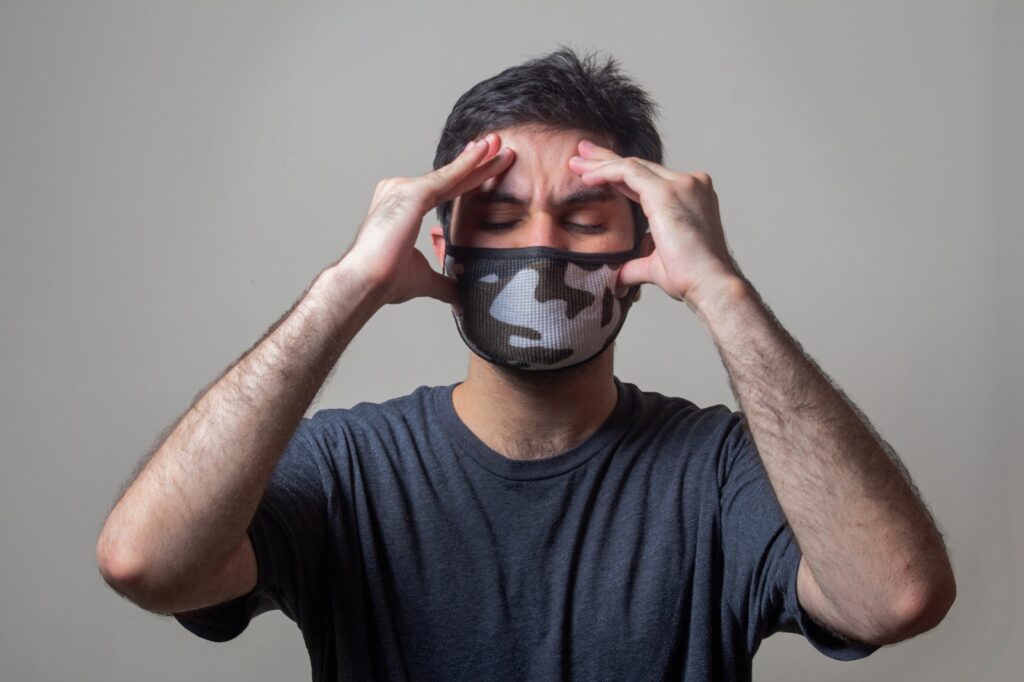
Migraine persists for a few hours to several days. Migraine pains could be so intense that they may affect one’s routine activities. Pain and secondary symptoms in migraine may take a few hours to several days and may effects daily routine. An alarming condition called an aura might develop prior to or while having a headache. An aura is characterized as speech difficulty, and visual disruption like blind spots or light flashes, or tingling of the face, arm, or legs.
The pathophysiology of migraine is now discovered by various scientists. Modulation of the central nervous system and pain-producing complexes in the cranium gave rise to migraine disorder. The brain is influenced by sub-cortical aminergic sensory modulatory systems.
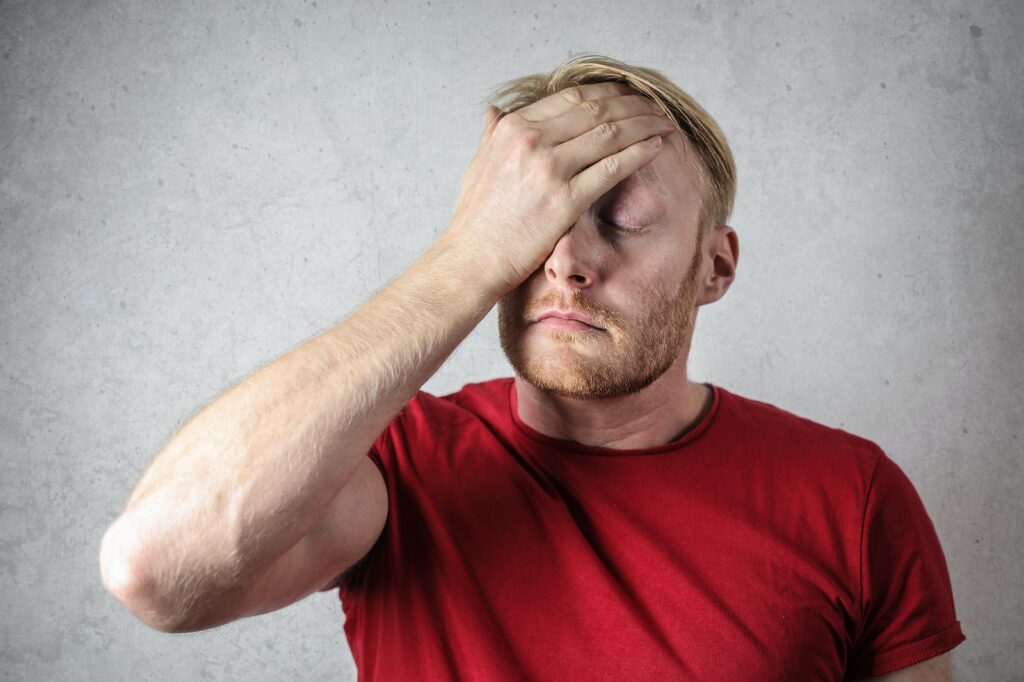
Causes of Migraine
Any specific reason behind migraine is not fully understood however environmental factors or genetics are observed to play a role in its emergence. A crucial pain pathway including alteration in the brainstem and its interconnectivity with the trigeminal nerve causes brain chemical imbalance. These chemicals especially serotonin works on pain regulation in the nervous system. Researchers are working on part of serotonin in causing migraine. Calcitonin gene-related peptide (CGRP), a neurotransmitter, plays a significant role in migraine onset.
Migraine Triggers
Researchers detected various triggers for a migraine attack. A few of them are as follows.,
Stress
Stress at the workplace or at home triggers migraine.
Food
Meals having high salt content, cheese, or processed food may trigger it.
Drinks
Drinks like alcohol or excessive caffeine (coffee) intake are having certain undesirable effects on nervous system..
Hormonal imbalance/alteration in females
Hormonal imbalance in females can cause migraine. Estrogen level fluctuation pre or during menstruation, menopause, or pregnancy may lead to migraine. Hormonal therapy like oral contraceptives may also gave rise to this pathological condition.
Physical Activity
Intense physical activity including sexual exertion might provoke it.
Sensory Stimuli
Bright lights, noisy places, or strong fragrances like perfumes, paint thinners, etc could cause chemical imbalancing leading to migraine.
Sleeping Schedule
Changes in sleeping habits like apnea (lack of sleep), oversleeping or changes in sleep timings/pattern might trigger migraine.
Weather Changes
Alteration in atmospheric pressure due to environmental changes may prompt a migraine.
Food additives:
Preservatives like monosodium glutamate (MSG) or sweetener aspartame may give rise to it.
Migraine Symptoms
Migraine symptoms may vary from person to person. These symptoms may appear in the following stages.,
Prodrome
Symptoms associated with this stage might appear hours or days prior to the headache. These symptoms are.,
- Fatigue
- Inappetence
- Severe thirst
- Constipation or diarrhea
- Bloating
- Light, sound, or smell sensitivity
- Mood swings
Aura
These symptoms are nervous system-oriented and associated with the sense of sight. The time period of its onset is 5-20 min. The following signs have been noticed in Aura;
- Hallucination (imaginary black dots, light flashes, wavy lines)
- Tunnel vision (loss of peripheral vision)
- Complete blindness
- Difficult to speak
- Tingling or numbness on half body
- Sense of heaviness in limbs
- Smell, touch, or taste changes
Migraine Attack
Its pain starts with a mild headache leading to unbearable pulsating pain. Physical activity may exaggerate the problem. This pain can shift from one side of the head to another. Approx. 80% of folks would have nausea, headache, and dizziness.
Usually, migraine attacks would end within 4 hours but the acute conditions may take more than 3 days. Migraine episodes may come after every few days or biannually in certain cases.
Postdrome
It can end up in a day post headache. Symptoms are as follows.,
- The unfamiliar feeling of happiness
- Feeling depressed, or tired
- Inappetence or food craving
- Muscular spasm or weakness
Seek Medical Advice
One has to visit his healthcare practitioner if symptoms are severe and frequent.
Pain relieving medicines like NSAIDs proved to be effective in migraine. One has to call for an ambulance if he noticed any one of the following symptoms;
- Jumbled speech
- Face or limb Paralysis either uni or bilateral
- Sharp unusual headaches
- Hyperthermia (fever)
- Seizures
- Diplopia ( double vision)
- Rash
These symptoms indicate meningitis or brain stroke and need medical assistance.
Migraine Treatment
There are no specified treatments for migraine but doctors could prescribe a few medicines to soothe its secondary symptoms. The treatment plan depends on:
- Age
- Frequency of migraine attacks
- The stage of migraine one is suffering from
- Severity and span of migraine attacks
- Involvement of secondary symptoms like., nausea, vomiting, dizziness, etc
- Medicine in use by the patient

There is no specific drug that could be prescribed for migraine, although symptomatic treatment is followed by practitioners.
- Stress management: By avoiding any trigger or lifestyle alterations for migraine onset, it could be cured.
- Counseling
- Pain relievers like nonsteroidal anti-inflammatory drugs (NSAIDs)
- Migraine relieving medication
- Anti-emetics to stop vomiting or nausea
- Hormonal therapy, in the case of migraine, seems to be linked with the menstrual cycle.
- Acupuncture
- Pre-emptive medications: these are prescribed to an individual having attacks of a lesser time interval between them. this prescription includes:
- Antihypertensives: they are given to lower, high blood pressure and are tends to be helpful for migraine attacks. angiotensin-receptor blockers and beta blockers are included in antihypertensive medicines.
- Antidepressants: venlafaxine and amitriptyline are commonly used antidepressants for migraine treatment.
- Anti convulsants: migraine attacks could be prevented by using anticonvulsive medicines.
- Botox: These injections are administered after every 3 months. Their site of injection is the neck and head muscles
- Calcitonin gene-related peptide: IV shots of this therapy are given as a preventive measure
Neuromodulation treatment
Certain neuromodulation tools are approved by FDA to control nervous system activity, as surgery is not recommended in this case.
- Multi-channel brain neuromodulation system including a headset to aim at multiple nerves.
- Single pulse transcranial magnetic stimulator. It generates magnetic impulses to control the brain’s electrical signaling. It is a hand-operated device
- A transcutaneous vagus nerve stimulator stimulates the vagus nerve by electrical stimulation. It is a non-invasive and portable tool.
- Transcutaneous supraorbital neurostimulator electrically stimulates supraorbital nerves.
Dr. Waseem‘s Treatment
Dr. Waseem’s way of therapy is innovative. He won’t believe in a conservative way of treating a disease by prescribing a list of medications to his patient to overcome the symptoms. His major target is to diagnose the root cause of the disease and treat it accordingly. Migraine is linked with blood circulatory anomalies. Migraine may have different triggers from person to person. So, they should be treated individually. It could be reversed by adapting certain precautionary measures. Dr.Waseem’s suggestions involve:
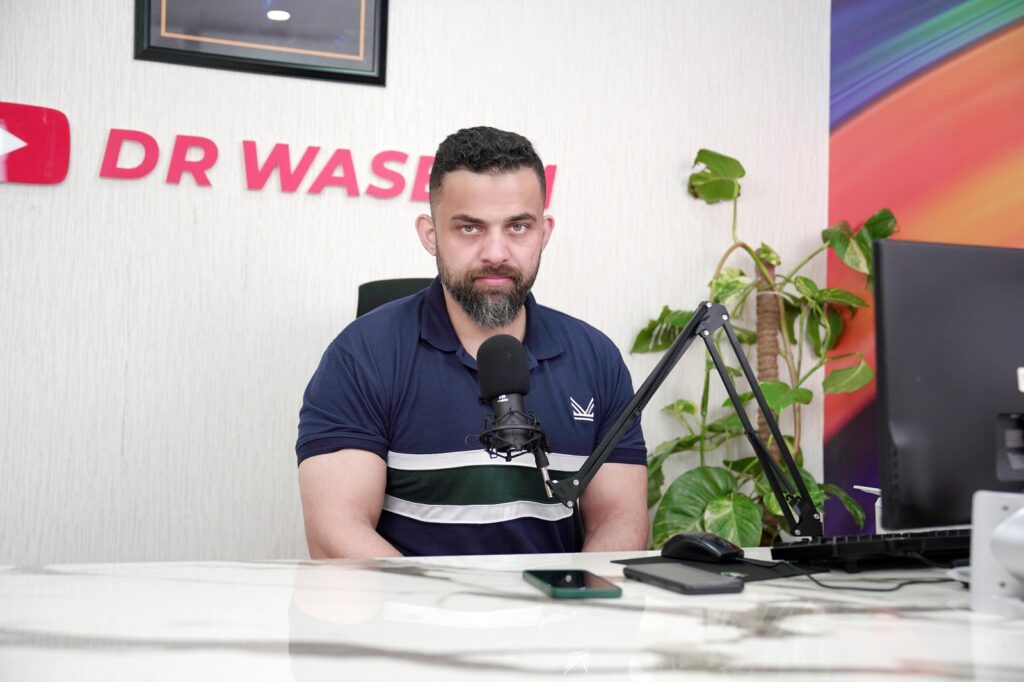
Diet
Eating whole grains, fresh fruits, vegetables, and healthy food is beneficial for maintaining a good physical condition. Avoid processed or high-salt food.
Stay Hydrated
Increasing water intake helps in reducing migraine attacks. So stay hydrated to avoid such circumstances.
Stress-free Lifestyle
The main trigger in migraine attacks is stress so stress levels should be reduced. A stress-free environment would help us to cope with various diseases.
Exercise
Aerobic exercises including running, cycling, and jogging are crucial in reducing the pain associated with migraine.
Avoid Fasting
Skipping meals for longer intervals may act as a trigger for it. Fasting may lead to hypoglycemia i.e low sugar levels causing headaches.
Caffeine
Caffeine with drawl plays a crucial role as a trigger in migraine attacks. Caffeine discontinuation causes vasoconstriction (narrowing) of blood vessels in brains. A reduction in blood flow causes these headaches.
Vitamins
Vitamin enriched dietary supplements, especially vitamin D, B2, etc act as a precautionary measure for migraine.
Melatonin
Melatonin is secreted from the pineal gland. In patients having a migraine headache, melatonin levels have been noticed to be abnormally low and upon administering melatonin, it can be cured.
Magnesium
Magnesium oxide is a macronutrient, pharmaceutically manufactured to be taken as a preventive measure in migraine.
Coenzyme Q10
The function of coenzyme Q10 is the conversion of carbohydrates and fatty acids to ATP (adenosine triphosphate). ATP acts as a fuel to transfer energy at the cellular level. Various researches have shown lower levels of coenzyme Q10 in migraine and proved to be effective in its treatment.
So, the nutshell is by adopting an active lifestyle and eating a non-processed diet we can stay healthy. Daily workout, a stress-free environment, and multivitamins dietary supplements intake can soothe symptoms associated with migraine. For best results detecting and retraining migraine triggers, ruling out symptoms, adopting preventive measures, and follow-ups with the family practitioner. Dr. Waseem would provide you with the complete diet chart that one should follow to avoid such triggers and guide you accordingly.
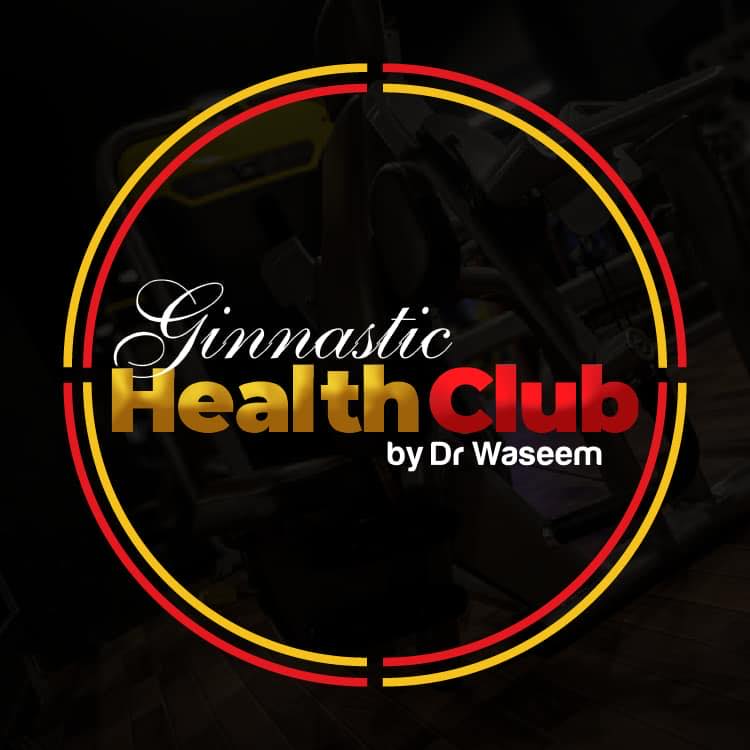
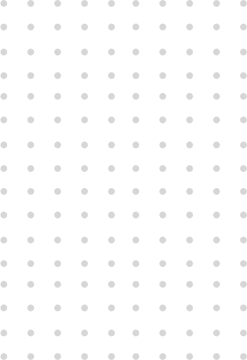
An Ultimate Solution to your Fitness & Health Problems
The Ginnastic Health Center In Islamabad is a state-of-the-art clinic with one of its kind modern health services in Islamabad that is offering a complete range of treatments for a variety of health care concerns including chronic illnesses and pain management.
